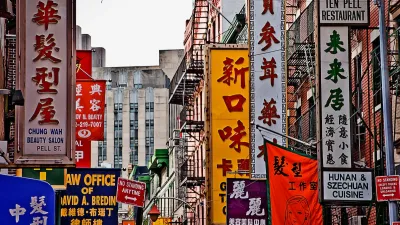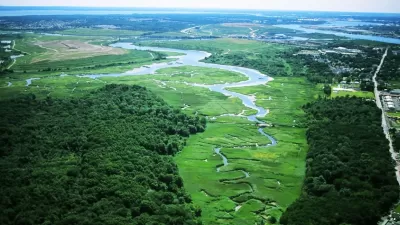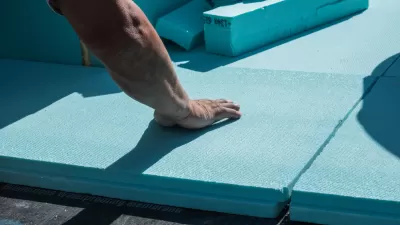With few options besides sending food scraps to landfills, New Yorkers are composting in their homes.
"An increasing number of New Yorkers have been taking up the challenge, turning their fruit skins and eggshells into nutritious crumbly soil in an effort they regard as the natural next step to recycling paper, bottles and cans. Food accounts for about 13 percent of the nation's trash - it is the third largest component after paper and yard trimmings - and about 16 percent of New York's."
"Nationwide surveys by BioCycle, a monthly magazine that advocates the recycling of organic waste, have found that large-scale food composting projects among municipalities, colleges and farms nearly doubled between 2000 and 2007, to 267 from 138. Individual efforts are harder to measure, but appear to be on the rise, particularly in areas like New York City, where municipal programs are rare or nonexistent. Although some cities, like San Francisco and Seattle, offer residents regular curbside collection of food waste, large-scale composting presents challenges that may make it hard to catch on, waste-management experts say. The City of New York, which runs two compost facilities for backyard waste, has no similar program for food."
"That leaves food-waste composting up to community programs and gardens that accept donations of food scraps."
FULL STORY: Urban Composting: A New Can of Worms

Maui's Vacation Rental Debate Turns Ugly
Verbal attacks, misinformation campaigns and fistfights plague a high-stakes debate to convert thousands of vacation rentals into long-term housing.

Planetizen Federal Action Tracker
A weekly monitor of how Trump’s orders and actions are impacting planners and planning in America.

In Urban Planning, AI Prompting Could be the New Design Thinking
Creativity has long been key to great urban design. What if we see AI as our new creative partner?

King County Supportive Housing Program Offers Hope for Unhoused Residents
The county is taking a ‘Housing First’ approach that prioritizes getting people into housing, then offering wraparound supportive services.

Researchers Use AI to Get Clearer Picture of US Housing
Analysts are using artificial intelligence to supercharge their research by allowing them to comb through data faster. Though these AI tools can be error prone, they save time and housing researchers are optimistic about the future.

Making Shared Micromobility More Inclusive
Cities and shared mobility system operators can do more to include people with disabilities in planning and operations, per a new report.
Urban Design for Planners 1: Software Tools
This six-course series explores essential urban design concepts using open source software and equips planners with the tools they need to participate fully in the urban design process.
Planning for Universal Design
Learn the tools for implementing Universal Design in planning regulations.
planning NEXT
Appalachian Highlands Housing Partners
Mpact (founded as Rail~Volution)
City of Camden Redevelopment Agency
City of Astoria
City of Portland
City of Laramie





























